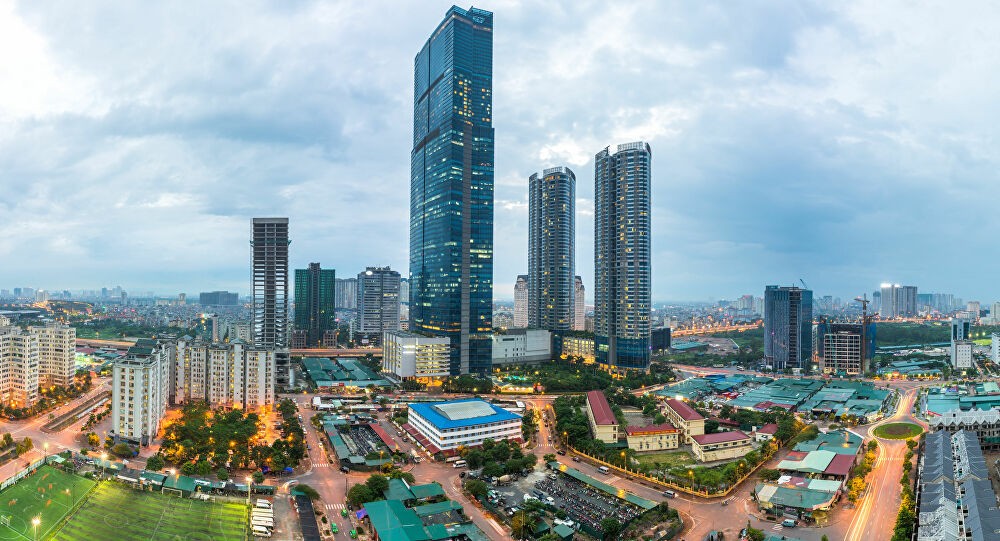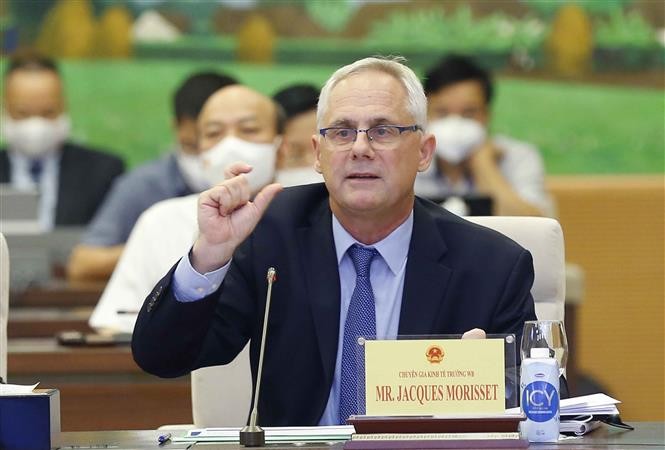
Three new motivations for Viet Nam's economic growth
Latest
 |
| According to Jacques Morisset, the emergence of the COVID-19 pandemic has indirectly made Viet Nam one of the reliable destinations for many large foreign enterprises. (Photo: VNA) |
According to Jacques Morisset, WB Lead Economist and Programme Leader for Viet Nam, the biggest risk to Viet Nam’s economy in 2022 can be the complicated developments of the pandemic with the emergence of new variants.
He also mentioned internal economic risks, saying that Viet Nam is an open economy which will depend on the situation in other countries in the world.
Another risk is related to inflation, he said, noting that Viet Nam’s economy is currently facing import inflation, while domestic commodity prices have not yet increased because demand remains lower than supply.
Regarding Viet Nam's economic prospects in the coming time, Morisset pointed out three new motivations for growth.
The emergence of the COVID-19 pandemic has indirectly made Viet Nam one of the reliable destinations for many large foreign enterprises, which have the goal of diversifying their supply chains, he said.
 |
| Mr. Jacques Morisset, WB Lead Economist and Programme Leader for Viet Nam. (Photo: VNA) |
The country can also take advantage of opportunities from green economy, he noted, saying that Viet Nam is one of the most affected by climate change, but it can also take advantage of this.
The third growth driver is domestic demand. As Viet Nam becomes a higher income country with a growing number of middle class people, the domestic demand will be stronger, he said.
Morisset affirmed that the WB will continue to support Viet Nam in achieving its ambitious goal of becoming a high-income and prosperous country by 2045.
The bank is working closely with the Vietnamese Government to promote sustainable development and effectively respond to climate change in the Mekong Delta region, and reduce air pollution in big cities, he said.
In addition, the two sides are joining hands in areas of inclusive development and gender-related issues in order to ensure people's participation in the economy, minimise the impact of the pandemic, and fully tap future opportunities, the economist said.

























